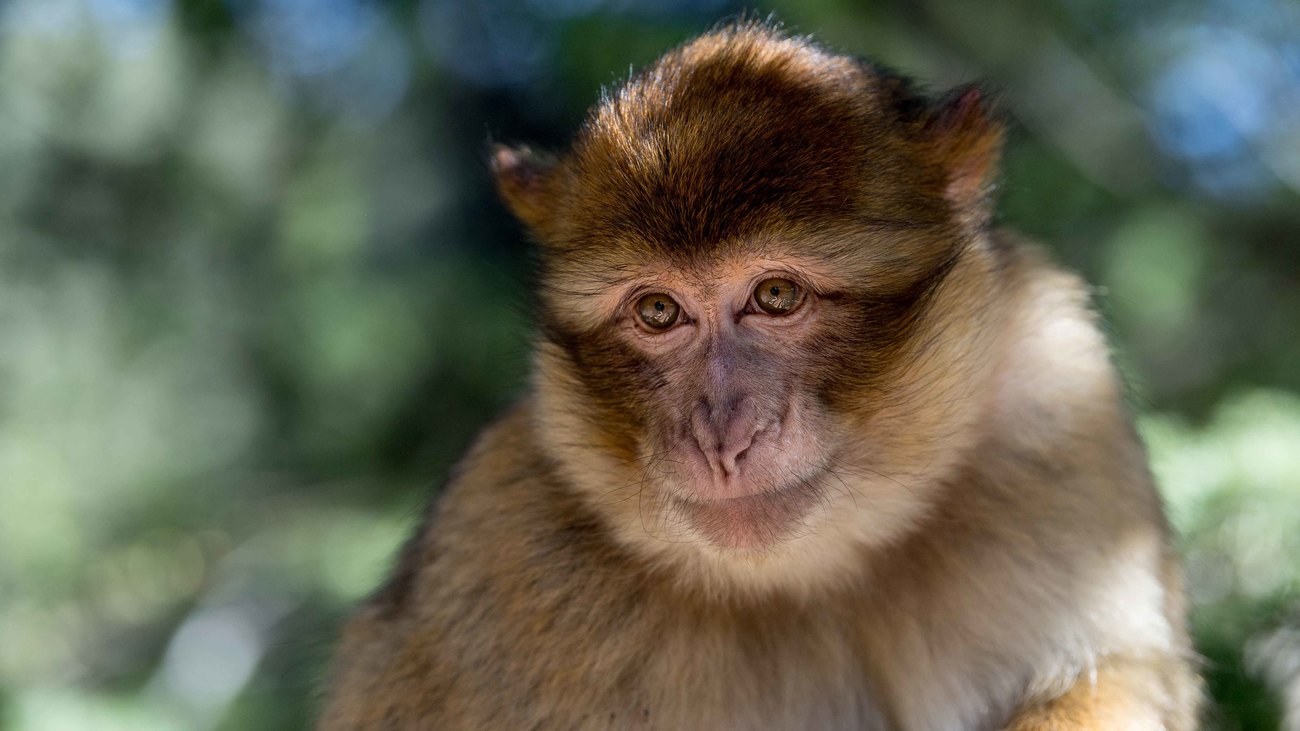Born to be Wild - Morocco
Saving Barbary macaques in one of their last remaining habitatslooking back at the success of Born to be Wild
looking back at the success of Born to be Wild

When we first discussed Born to be Wild with our partner AAP Animal Advocacy and Protection, we knew right away that this project will entail many challenges. We also knew that it could result in huge conservation wins for Barbary macaques. And we were right: with the project coming to an end, we look back at the impact we've made for macaques and the community.
The Middle East and North Africa office is based in Dubai, the UAE. Therefore working in Morocco as the co-executer of the project meant that we needed to raise our sleeves and have our boots on the ground. We already had built good connections with the Moroccan authorities, but wanted to ensure we created a system that worked.
We started by observing and learning from the situation as it is – we made ourselves familiar and aware of underlying sensitivities and differences in terms of culture and traditions. Moreover, we made sure we hired nationals to support the local community where we operate through employment opportunities, it was also crucial for us to build a team who understand the language. Fortunately, most of our hires had lived in Ifrane National Park for more than twenty years, and had the park of 125.000ha memorized in the back of their mind.
We hired 10 local scouts who patrolled that park day and night to ensure the Barbary macaques were safe from poachers, and illegal loggers. Our teams met local communities suffering from wildlife-human conflict and together, developed solutions for coexisting alongside wildlife. We visited schools to teach young children about the important role the Barbary macaque plays in the ecosystem and ways they can support conservation efforts. Through our DISRUPT and LAST trainings, we built capacity against wildlife trafficking taught frontline officers how to keep themselves safe from zoonotic diseases as they humanely handle confiscated animals. Recognizing the importance of law enforcement, our team gathered public prosecutors and carried out a refresher training regarding international and national laws concerning the protection of wildlife and offenders’ penalties.
What was most striking to me is the productivity and diversity of the team and our ability to make such incredible change. Running for the last three years, the project increased the population of the 15 Barbary macaque groups in Morocco by 31%. Coming together from different places, working in unusual circumstances, overcoming language barriers - all for the sake of protecting the Barbary macaques in one of their last remaining sanctuaries. When we first started working on Barbary macaque conservation in Morocco, there was so little information available for us. Coming out of this project, we are proud to say that we have facilitated research, published reports, and created content that will help conservationists and organizations save this species from endangerment.
-Elsayed Mohamed, IFAW Middle East Regional Director, Operations
Related content
Our work can’t get done without you. Please give what you can to help animals thrive.